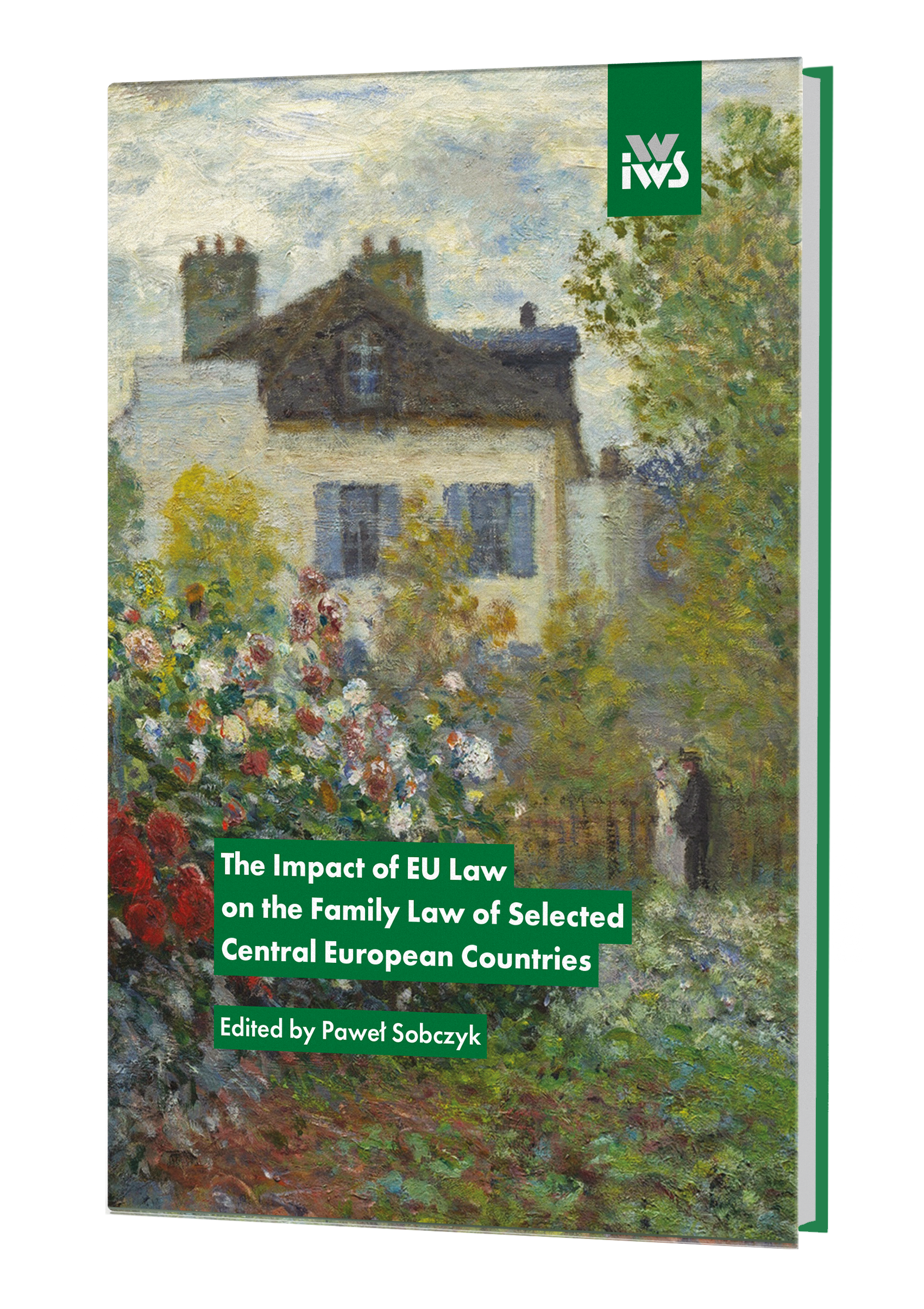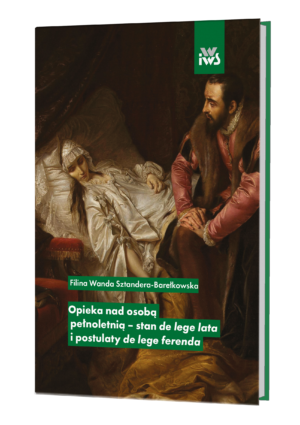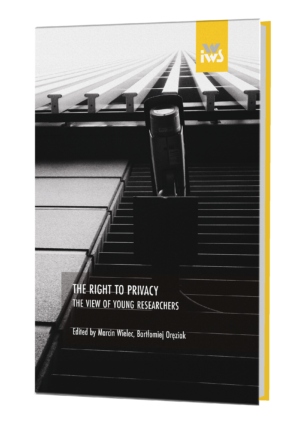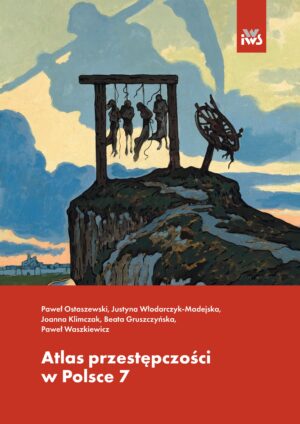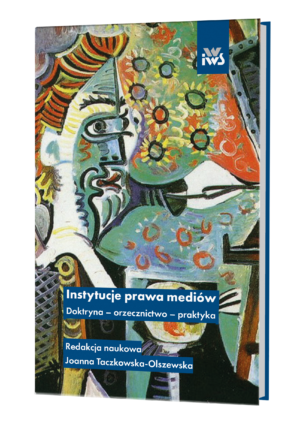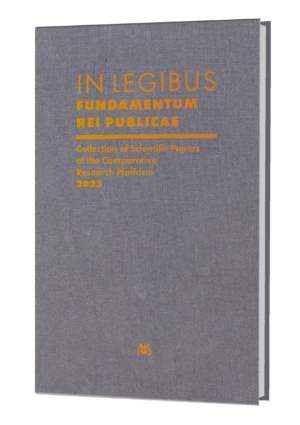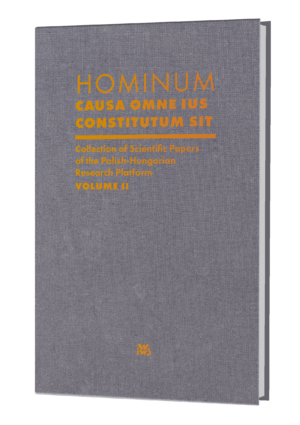The publication is a very interesting voice in the substantive discussion on the impact of EU law on family law of selected Member States. The presented case studies concern seven countries of the Central European region: Croatia, the Czech Republic, Hungary, Polish, Romania, Slovenia and Slovakia. The subject of the analysis is the draft Council regulation of 7 December 2022 on jurisdiction, applicable law, recognition of judgments and the adoption of authentic instruments relating to the parentage of a child and on the establishment of a European Certificate of Parentage. Therefore, the confrontation of the legal status in individual countries with the proposed changes in this publication is not only interesting from a scientific point of view, but also very necessary, as it shows the potential effects of their implementation.
FROM THE REVIEW BY DR HAB. MAŁGORZATA MIZERSKA-WROTKOWSKA
The EU secondary legislation act, which is a reference point for the deliberations undertaken in the publication, aims, inter alia , to harmonise national laws related to international jurisdiction, applicable law and mutual recognition of parenthood. It also aims to provide a comprehensive framework for such cross-border situations. The authors rightly point to the need to strengthen children’s fundamental rights, increase legal certainty and reduce the financial burden on families and judicial systems. In this regard, the institution of the European Certificate of Parenthood is being analysed, which ensures recognition regardless of the way the child was conceived, the family structure or nationality. At the same time, attention was drawn to the position expressed in the Slovak Republic regarding concerns about potential conflicts with national law, especially in areas such as same-sex parenthood and surrogacy. Therefore, the publication contains up-to-date and justified considerations on selected issues of the impact of EU law on the family law of Central European countries, especially in relation to the institution of the European Certificate of Parenthood.
FROM THE REVIEW BY DR PAWEŁ SZEWCZYK



